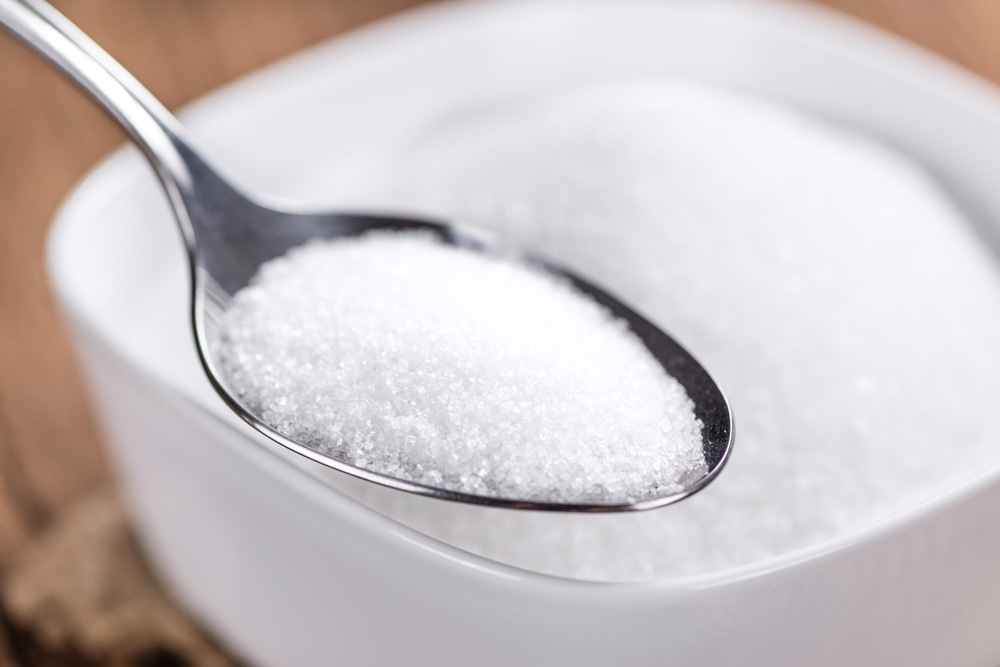The Dangers Of Refined Sugar: How It Affects Our Body
We often hear doctors, nutritionists and others talk about refined sugar being bad for you. But how can it be bad for you when it’s so readily available in groceries and stores, you may wonder? The truth is that diets rich in processed sugar should be avoided because of the multiple health problems they cause.
Excessive, long-term reliance on unhealthy, processed sugar can lead to negative health consequences, and not only diabetes and obesity, but also hypertension, heart diseases and neurological problems.
Let’s see how safe it is to eat heavily processed sugar, which foods contain it, and how to avoid it.

What Is Refined Sugar?
In the last decade or so we have learnt a lot about the detrimental health effects of consuming processed sugar. Extracted from sugar cane, corn, or sugar beet, refined sugar is a pure carbohydrate. It doesn’t contain any of the minerals, vitamins, anti-oxidants, protein or fiber one finds in vegetables, fruit, nuts, grains, beans, oils, fish and other food.
Natural sugar, on the other hand, can be found in fruit (fructose), dairy produce (lactose), and raw vegetables. It is also found in nutrient-rich nuts, seeds, and grains. Natural sugar is not linked to any of the diseases associated with a diet rich in heavily processed sugar.
The Hidden Danger Of Processed Foods
One thing you may not know is that refined sugar is often added to food and drink to improve taste. These days we eat a lot of processed food, sweets, cakes, and cookies containing unhealthy sugar. Heavily processed sugar also turns up in jams, jellies, pickles, breads, soft drinks, and ice cream. This can make it very difficult to avoid consuming unhealthy sugar in one form or another.
Added sugars account for about 17% of calorie intake in adults, nearly twice as much as dieticians recommend. Check labels as they can help you avoid processed foods laced with refined sugar.
How Does Refined Sugar Affect Our Body?
Eating too much sugar can give you diabetes and a host of problems associated with this disease. These include obesity, kidney failure, eye diseases, and more. Also, a study published in JAMA Internal Medicine journal in 2014 showed an association between processed sugar and heart diseases.
High-sugar diets can lead to high blood sugar and blood pressure levels, clogged arteries, and heart failure. Furthermore, some foods enriched with processed sugar disrupt a hormone (leptin) that tells you when to stop eating.
Excess belly fat, type-2 diabetes, heart disease and many other chronic diseases are associated with a sugar-rich diet. Depression, dementia, liver disease, and cancer are other conditions that can be aggravated by a high intake of refined sugar.
Because it contains virtually no beneficial compounds refined sugar, on the other hand, is considered “empty calories”. Examples of such sugar include table sugar (sucrose) and high-fructose corn syrup. Also be aware that not all natural sugars are equally good for you. For instance, smoothies and juices are processed in such a way as to remove many of their beneficial fibers and nutrients.
This article is for educational and informational purpose only and does not substitute for professional medical advice. For any questions about your own health condition, speak to a qualified physician or healthcare provider.







Leave A Comment